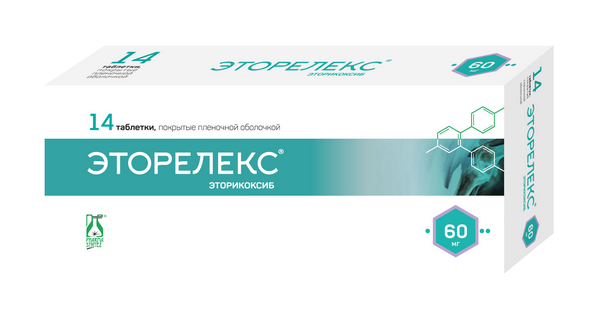According to rheumatologists and arthrologists, people, suffering from diseases such as rheumatoid arthritis and gout, risk an exacerbation of the disease as a result of infection with a new infection COVID-19.
 The fact, that in COVID-19 key cytokines, provoking severe pneumonia, are similar to those, which drugs usually target, used to treat rheumatoid arthritis and gout. We are talking about glucocorticoids, rituximab and immunosuppressants. Scientists are considering taking these drugs, as an aggravating factor in the course of COVID-19, leading to exacerbation of rheumatoid arthritis1 and gout.2 Even when gout patients are not taking immunosuppressants, comorbidities pose high risks of severe outcomes, related to COVID-19.
The fact, that in COVID-19 key cytokines, provoking severe pneumonia, are similar to those, which drugs usually target, used to treat rheumatoid arthritis and gout. We are talking about glucocorticoids, rituximab and immunosuppressants. Scientists are considering taking these drugs, as an aggravating factor in the course of COVID-19, leading to exacerbation of rheumatoid arthritis1 and gout.2 Even when gout patients are not taking immunosuppressants, comorbidities pose high risks of severe outcomes, related to COVID-19.
Wherein, according to Western experts, risk profile is more favorable in patients, taking more commonly used medications, such as hydroxychloroquine, methotrexate and of course, the same non-steroidal anti-inflammatory drugs (NPVS).1
When choosing NSAIDs for systemic use, you also need to make the right choice.: it is important that the drug for oral administration does not cause damage to the gastric mucosa, acted quickly and continuously, was affordable and did not affect blood clotting, as some subclasses of NSAIDs. One of these drugs is Etorelex (etoricoxib), produced by JSC Pharmasyntez. has an anti-inflammatory effect 28 minutes and is valid during the day. Results from an impressive number of clinical trials with etoricoxibs, demonstrates their effectiveness and good tolerability in long-term treatment of patients with chronic rheumatic diseases. Important features of the drug, are the convenience of reception (1 once a day) and the possibility of combining it with low-dose aspirin, which is often required in elderly patients (upon doctor's appointment).
 In clinical trials, the drug did not cause inflammation of the gastric mucosa and did not affect platelet function (no risk of thrombosis), which is very important in the context of COVID-19. Besides, Etorelex is affordable compared to other Etoricoxibs (savings can be up to 50%).
In clinical trials, the drug did not cause inflammation of the gastric mucosa and did not affect platelet function (no risk of thrombosis), which is very important in the context of COVID-19. Besides, Etorelex is affordable compared to other Etoricoxibs (savings can be up to 50%).
- Chokan Baimukhamedov, Tatiana Barskova, Marco Matucci-CerinicArthritis after SARSCoV-2 infection. // TheLancet. Rheumatology. – TheLancet. Rheumatology. – Vol 3 May 2021.
- Nicola Dalbeth, Philip C Robinson Patients with gout: an under-recognised group at high risk of COVID-19. // TheLancet. Rheumatology. – Vol 3 May 2021.









Leave a Reply